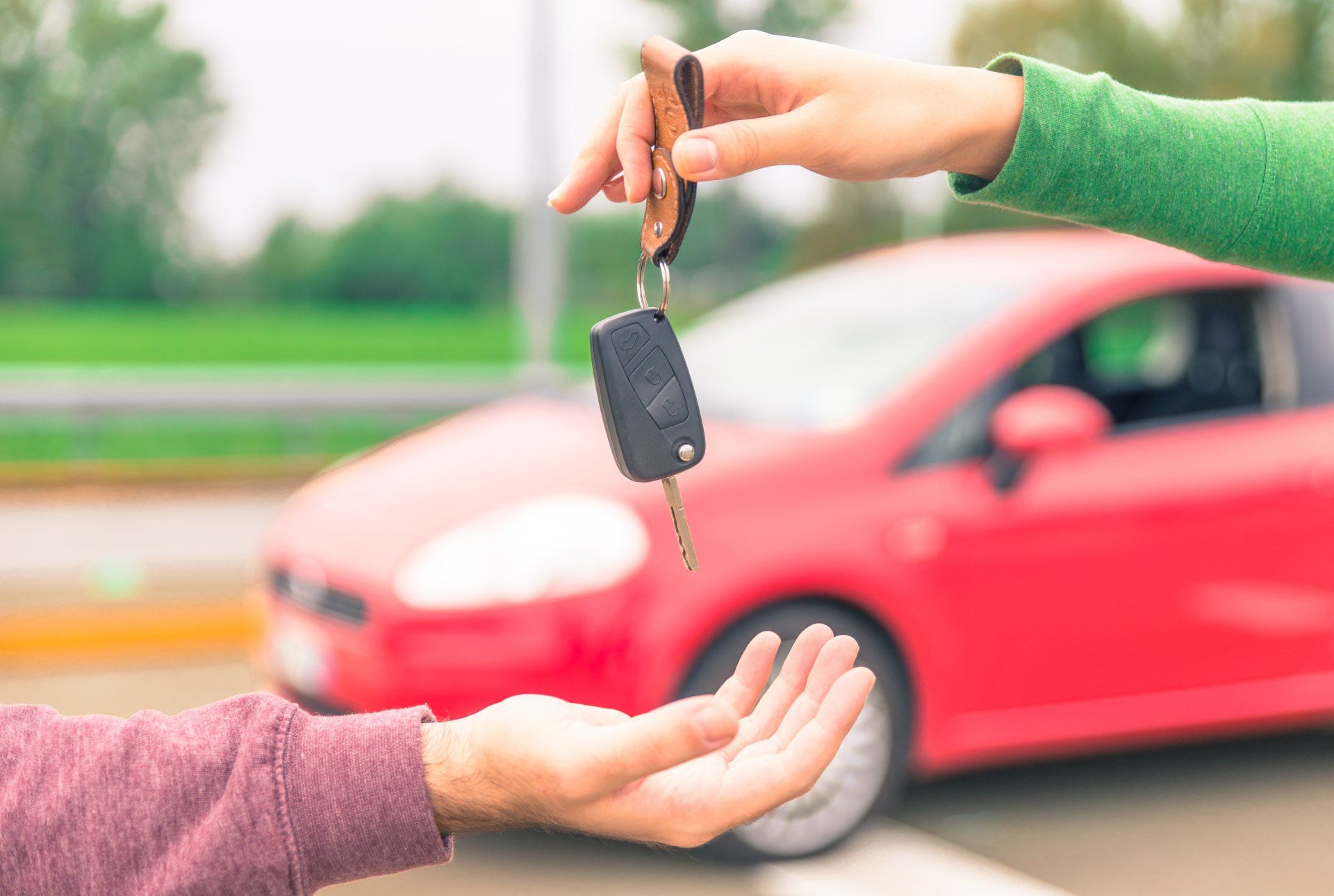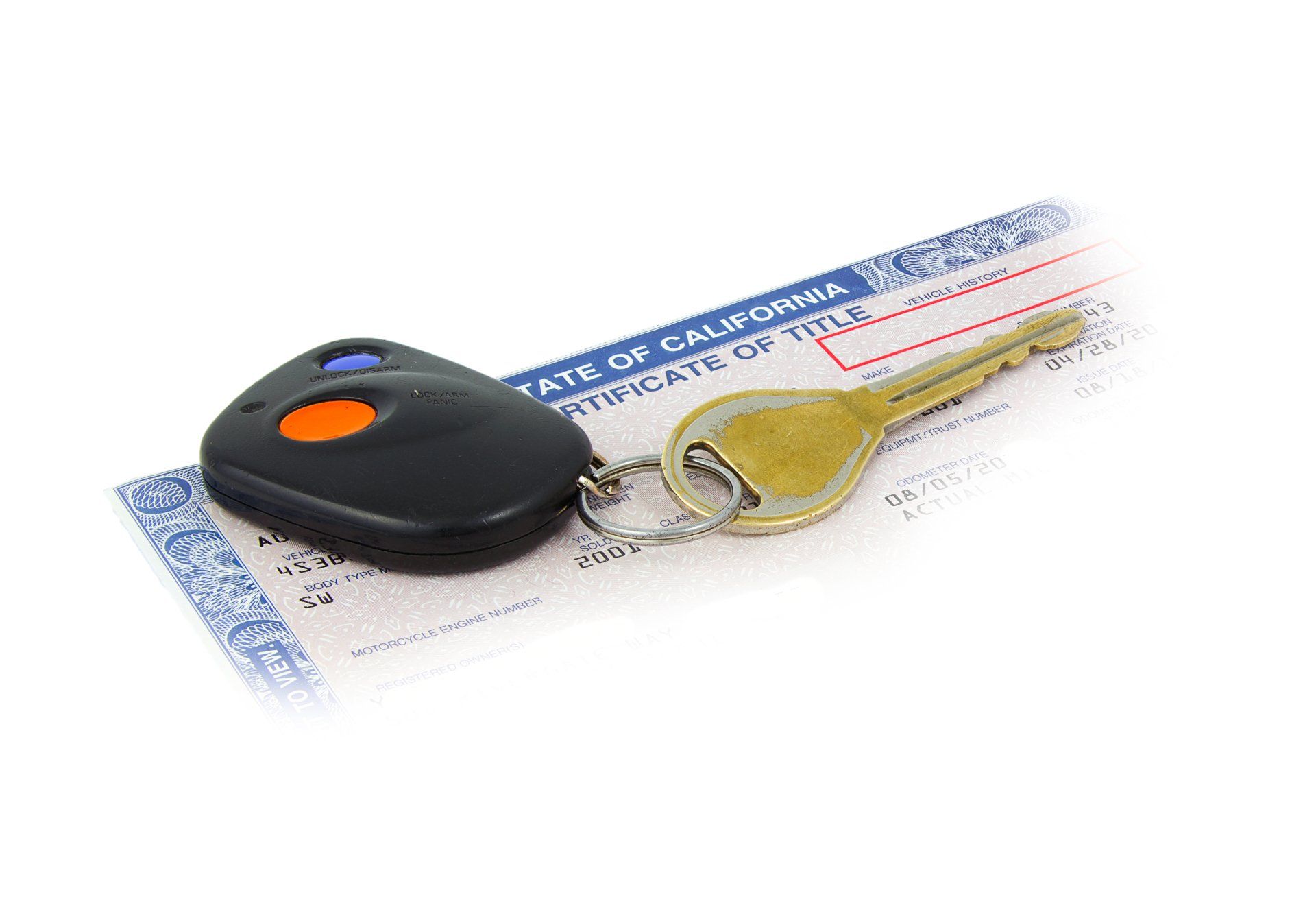How to Avoid Car Buying Scams
What to Look for to Avoid Private Car Sales Scams.

1. Meet your buyer in person, during the day and preferably with other people around.
Most of the time the interested buyer of your vehicle will be someone you do not know personally. For your own safety and the safety of others, we recommend selling your vehicle in the presence of other people. This may be at your home where there are other people present in order to serve as witnesses in case anything were to happen. This could also be in a public parking lot or commercial area where there are other people outside walking around. You never know who you may be dealing with and anyone who may have malevolent intentions is less likely to act out if they are being watched by other people.
2. Only accept cash (in physical or digital form) or a certified cashier's check. No personal checks.
When accepting payment for your vehicle be sure to only allow certain forms of payment. Cash is always the best form of payment because it is immediate value. The problem with personal checks is that they are not value in itself, they only represent monetary value. If possible, offer to drive with the buyer to the bank to cash the check before moving forward with the sale of the vehicle. This will ensure you get your money before letting your buyer drive away with your vehicle. If there is any hesitancy in your buyer, this is a red flag and you should not sell your vehicle to this person.
Say your buyer offers to pay you digitally via apps like Paypal, Cashapp, Venmo, etc. Just know that if anything were to go wrong that these services cannot help you. If you choose to accept payment through digital means, make sure the money has been successfully transferred to your account and into your bank account before moving forward with the transfer of vehicle ownership.
3. Make sure it is a real cashier's check.
The payee's name should already be printed on a cashier's check. If they payee line is blank the check is fake. A genuine cashier's check always includes a phone number for the issuing bank. That number is often missing on a fake check or the number on the check may be fake itself. Call the number on the check to make sure it is the bank's number or look up the bank's number online to verify the number is real. Then ask the bank that issued the check to verify that the check is real.
4. Keep your interaction professional. Don't let a buyer try to manipulate your emotions with a sad story.
Often times, untruthful buyers will try to cause you to make irrational decisions by manipulating your emotions. Don't let this happen. No matter what sad story they come up with that caused them to get into the situation they are telling you about, you have nothing to do with that so you should stand your ground. Most likely, if someone is interested in buying a car legitimately, then they have the means to do so. If you notice any type of manipulation occurring during the transaction, this should be a sign to be cautious with who you are dealing with. Ultimately, it is up to you to judge whether the person is being truthful or not but for the people out there who may not have a skeptical bone in their body, don't let yourself be taken advantage of by those who pray on the naivety of others. However, haggling on the price is totally normal. If the buyer is obviously just trying to get the best price for themselves this is not necessarily a scam tactic. You should however, have a specific amount in mind that is the lowest you are willing to take for the vehicle. This way you can start the negotiations higher than this number and never go below this number if the buyer is trying to haggle the price a little too low.
5. Don't hand over the keys until you have received a valid form of payment.
Only after getting paid should you transfer documentation of vehicle ownership. If possible, deposit the money into your bank account before transferring ownership of the vehicle and giving the keys to the new owner. Even when you receive cash or cashier's check, verify that they are real before assuming you have been properly paid. Scammers are getting sophisticated and will try anything.
6. Other red flags from buyers who are potentially looking to scam.
Buyers who want you to accept a payment plan is a red flag to watch out for. You are not a dealership and there is no bank involved that will repossess the car if the buyer does not pay you. Therefore you should not accept any type of payment plan for your vehicle from people you do not know.
Unless the car you are selling is rare and hard to come across, beware of buyers from distant locations. Of course, if your car is a rare collectible, you may get offers from anywhere in the world who finds your car. On the other hand if your car is pretty average, buyers from distant locations are typically scammers. Especially watch out for distant buyers who want you to use a shipping service to send your car to them.
Your buyer is telling you that they are owed a debt by someone else and the other person is going to pay you for the vehicle. This is a huge red flag and should stop all contact with anyone you do not know that is making this kind of offer for your vehicle. This is 100% a scam tactic.
Anytime a potential buyer offers you additional money to make up for a weird request, this is more than likely a scam. Legitimate buyers are not likely going to offer you more money for the vehicle than you are asking for. Offering more money to jump through hoops is a scam tactic that preys on the greed of the seller in order to take advantage of them.

